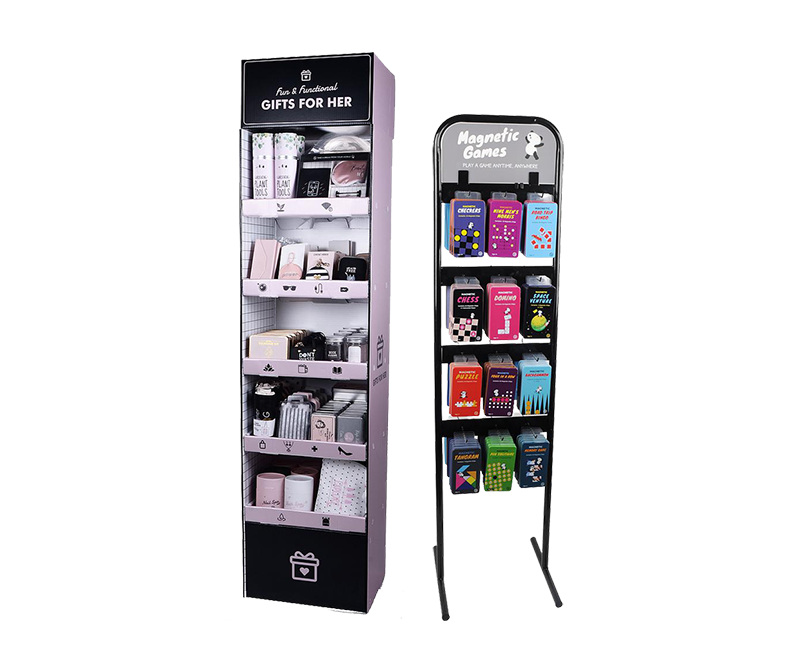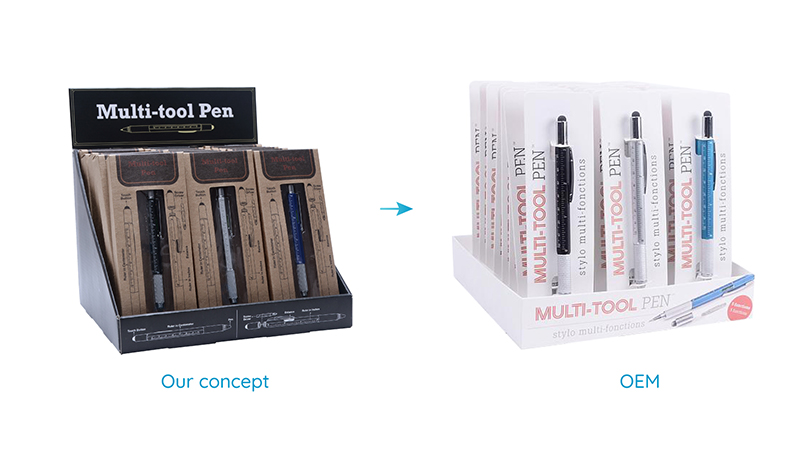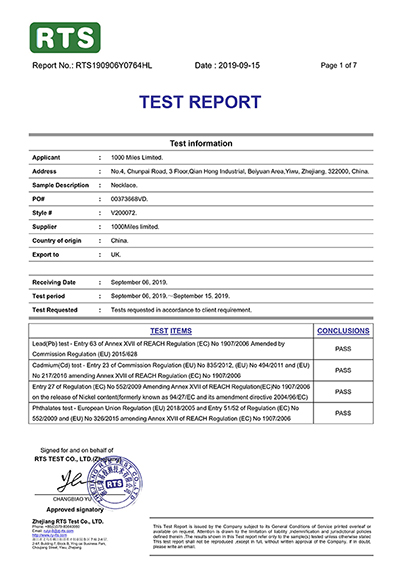


Have you ever had a day in your life when you did not complain on anything?
C’mon, be honest. Because I bet, there is none.
Complaining is everywhere – and we are all guilty of doing it, even at our workplace.
According to Richard Joelson, a psychotherapist in New York City, complaining is a communication made by someone in the hope that other people will recognize his suffering. Once the recognition is given, something inside the complainer feels satisfied.
Given that complaining can be part of our daily life, how can we turn this daily act into opportunity?
Common “I Feel You” Moments
We spend most of our time at work and we all have those common complaints that we are very familiar with.
I list down some of them, and you may give me that “I feel you” kind of recognition.
1. Ugh! Is it time yet?

Stop looking at the clock as if you are waiting for a bomb to explode.
Waiting for the signing off time can distract you in many ways.
If you are in the middle of learning a new process to help you improve your knowledge, but because you are so eager to sign off on time, you might get distracted and not fully understand what you are learning.
Sometimes, it can also affect the quality of your output. If you are time-pressured, you might work faster without considering quality, as you just want to finish your task because you are excited to attend a party.
What You Can Do
Focus and take the time.
Instead of being pressured about the time, take time to learn and deliver your projects well. Invest time on learning such as doing research, asking questions from your teammates, watching tutorials, listening to podcasts, and reading articles.
Growing takes time. If you consistently invest time on your growth, you will arrive to a point that you will finish your targets ahead of time, and you may even have more time to start other tasks.
The Opportunity
At the end of the day, after signing off, instead of counting your overtime, count the lessons you have learned and the new skills you have unlocked.
I have done this trick for 7 years and it always helps me to feel more accomplished every day and inspires me to work harder the next day.
2. I have a lot of other things to do. Why me?

You may have those moments when you are given projects that are not in line with your expertise, or outside your “job description”.
Doing something within our comfort zone is easy. But when we get to encounter situations that we are not familiar with, we get to panic or question our managers’ ability to delegate tasks.
What You Can Do
Instead of asking your manager why she gave you the project, embrace it and prepare yourself for the challenge.
Accept that it’s going to be difficult, but take the courage to do it.
The first step is normally the hardest part, but take the step and move forward. As you go on, don’t be afraid to ask for help as well. Ask a lot of questions, as you do your own research. Understand that to successfully learn new things, the first results may not be what you wanted. It is part of the process so you got to try different ways.
On a psychological approach, we have a method called “trial and error”. It is a basic method of learning and problem solving in which multiple attempts are made to reach a solution. If one method doesn’t work, then we can try a new method. The process is done repeatedly until success or a solution is reached.
The Opportunity
After receiving a new project, imagine what you will give to yourself as a reward to celebrate your hard work if you finish your project. It can be a good massage, a date night with a friend, a good sip of wine, or anything that will make you feel good and happy.
But you may say, “My manager should give me the reward”. No, no, no. That’s an alert! Take yourself out from that mindset. Recognition should not only come from the people around you. Praising yourself for doing a good job should also come from you.
Once your project is done, don’t hold back to celebrate that milestone. Whatever the outcome of the project, take it as success as you get to learn new things. This will help to increase your likelihood of doing your best on new projects again in the future.
3. My previous company does not do this. Why are they like this?

“Congratulations. You’re hired!”
You probably wanted to jump so high when you heard those magic words when you applied.
But few days, weeks or months later…. Here you are, trying to go back to the past.
You may talk how your previous boss is so much better than your current boss. You may vent about the missing incentive that your company does not provide. You may even feel incomplete because your current company doesn’t have a coffee maker.
“What? Really? Something like that exists? But coffee is life! I can’t function without a good coffee.” Okay, okay. I maybe got too exaggerated on that part, but you get the point right?
Companies are all unique in so many ways. So comparing your current company or job with your previous one, you might go on spiral, talking about something without an end point.
What You Can Do
Do not compare.
Every company has their own rules. Every employee has choice – to resign and find a new one, to embrace the company culture and adapt to it, or to suggest solutions to solve the problem.
However, the main issue here is basically the “comparison trap”. The biggest stealer of happiness is when you try to compare yourself with other people’s situation. These thoughts can be too strong that it can completely overwhelm us.
Instead of going into this pit of negativity, pull yourself up and step back. Go back to your first day at work and how thankful you were to get the job. Go back to the moments when you felt accomplished after completing your projects.
The Opportunity
Instead of talking about what is missing, look for the things in front of you that you are thankful for.
You may have the same experience again when you pass a project to your boss for approval and he doesn’t say anything good about your accomplishment. But instead of saying “he is really bad, he doesn’t appreciate my hard work”, take the first step to thank him. You may thank him for giving you the opportunity to do the project and acknowledge what you learned in the process of making it.
You can practice and be surprised how gratitude can give you a positive mood.
My friend, I feel you, but let’s move forward.

Dealing with different issues can be too hard and having someone to talk to could mean the difference between life and death. One of the most important part of being human, is being able to communicate our feelings and emotions.
However, in every situation, moderation is still the key.
If you find yourself talking to you colleague about how bad your day today because your boss still cannot approve your design, it is okay.
If the next day, you talk to your friend about how you don’t like your job because you have a new project that is not in line with your experience, it is still okay.
If the day after that, you talk to your colleague about how bad your head hurts because you spend so much time in front of your computer, step back and try to wake yourself up.
According to a study conducted by Philippia Lally, depending on some factors, it takes at least 18 days for someone to form a habit.
If you catch yourself continuously finding things to complain about, relax and move on by changing your mindset. Instead of complaining, look for the opportunity beneath it.
As Maya Angelou, an American civil rights activist, said:
If you don't like something, change it. If you can't change it, change your attitude about it.




































































